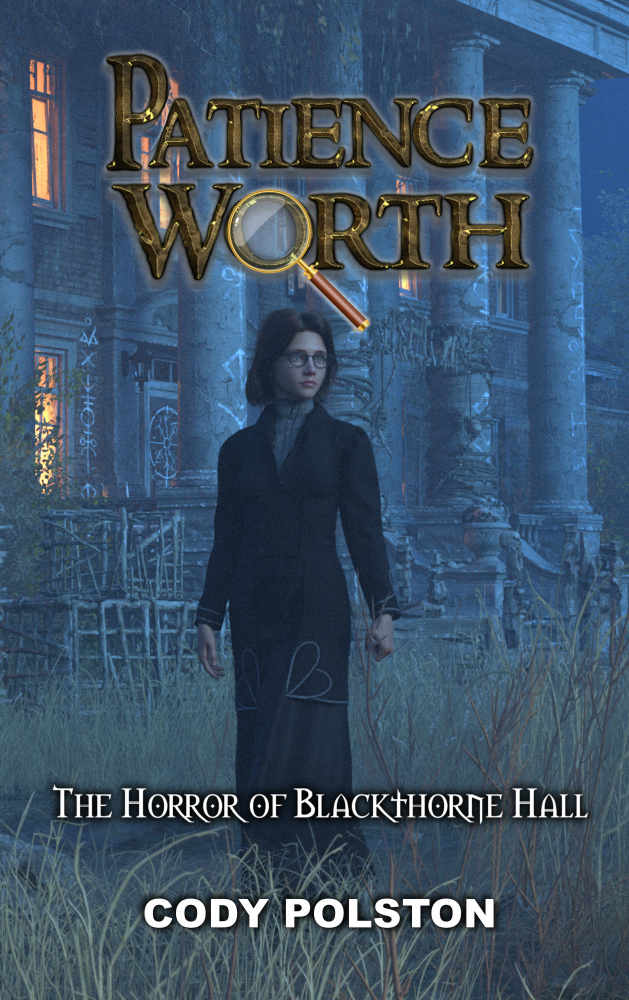On the misty edge of the Sussex Downs looms Blackthorne Hall—a brooding limestone mansion where three centuries of history hide ancient secrets.
When Lord Reginald Percival Blackthorne returns to England after years abroad, London society is captivated by his charm, his wealth, and his mysterious past. Few question why this distinguished gentleman is only available for evening appointments—or how he possesses such detailed knowledge of English history.
“Those who might raise concerns find themselves inexplicably forgetting their suspicions after a private conversation with the charming aristocrat.”
Most disconcerting to those with keen perception is his complete stillness when not deliberately moving—an unnatural absence of the minor adjustments most humans continuously make. He speaks in measured, cultured tones that subconsciously compel attention.
As invitations to the grand reopening of Blackthorne Hall are delivered across London, the unsuspecting guests have no idea they’re being lured to a house where spectral lights drift between windows of the east wing, and workers refuse to approach after sunset.
The notorious east wing—sealed and undisturbed per strict instructions—hides rooms whose purpose has been forgotten for generations. And in the formal gardens, moss-covered statues stand in silent observation amid a persistent ground fog that encircles the property.
From the solitary white marble statue of a veiled woman that mysteriously receives fresh flowers even in winter, to village church records containing accounts of agricultural workers suffering paralysis or memory loss near the property boundaries, BLACKTHORNE HALL offers a setting where ancient aristocratic hospitality conceals darker intentions.
Enter a world where corridors lengthen after dark, windows frame impossible landscapes, and the host’s unnatural grace leaves some mesmerized and others inexplicably disturbed.
Coming soon to wherever books are sold—but best read by daylight.
